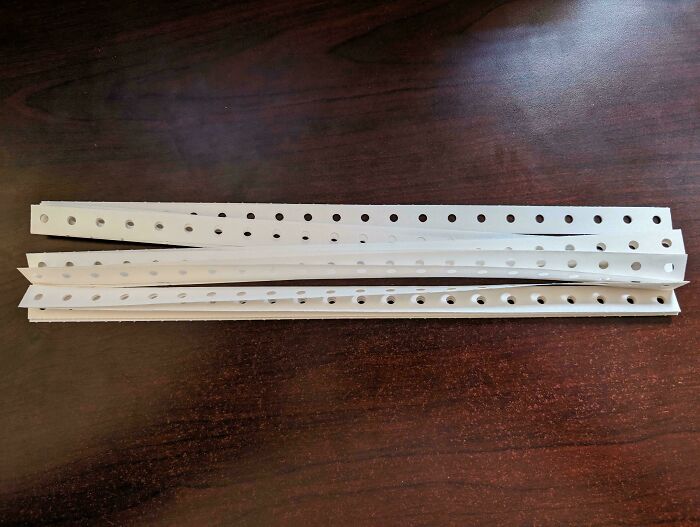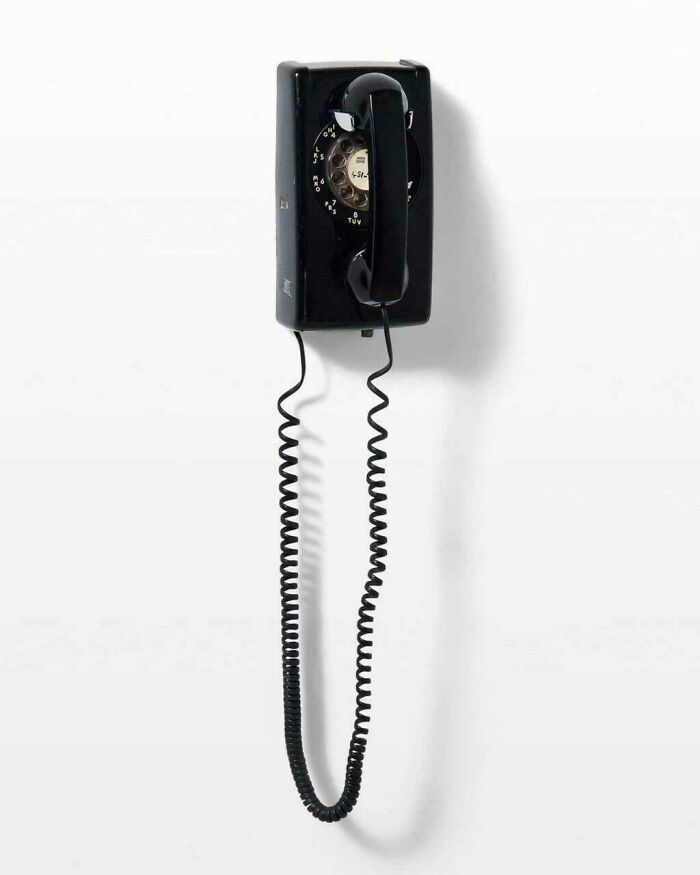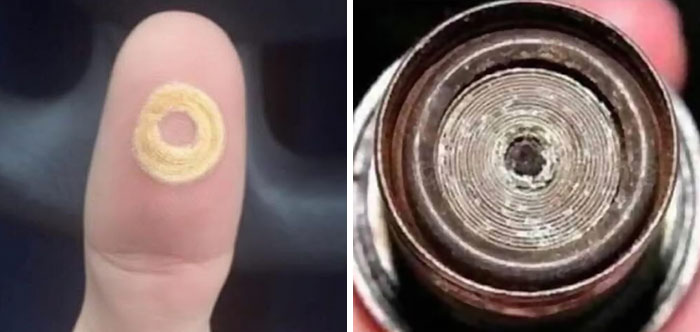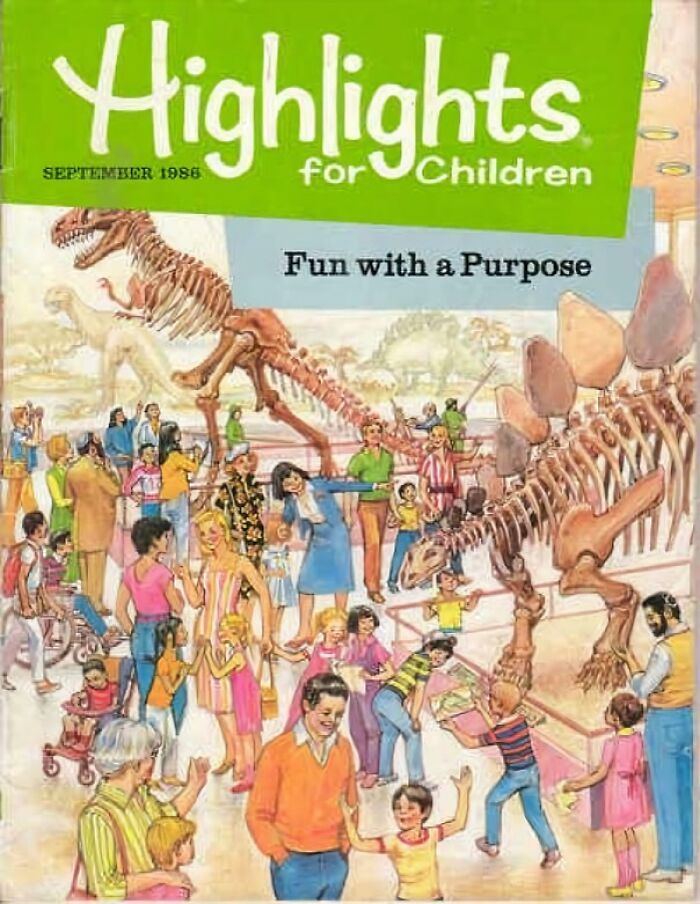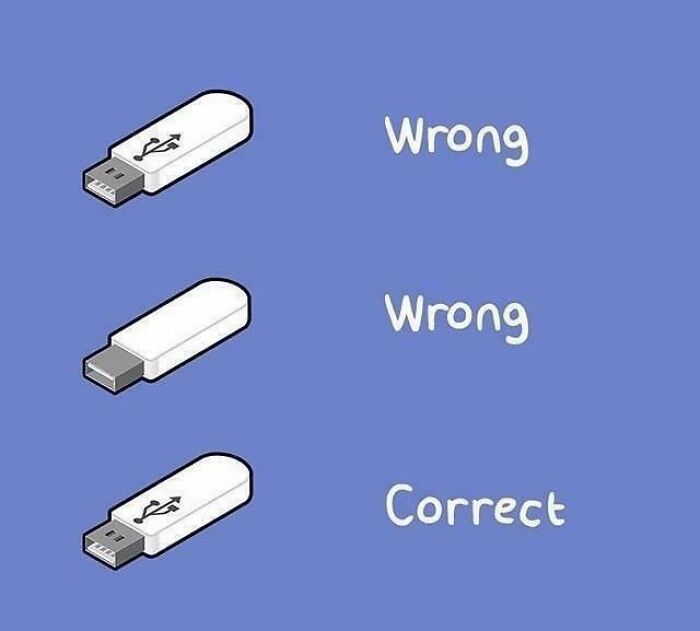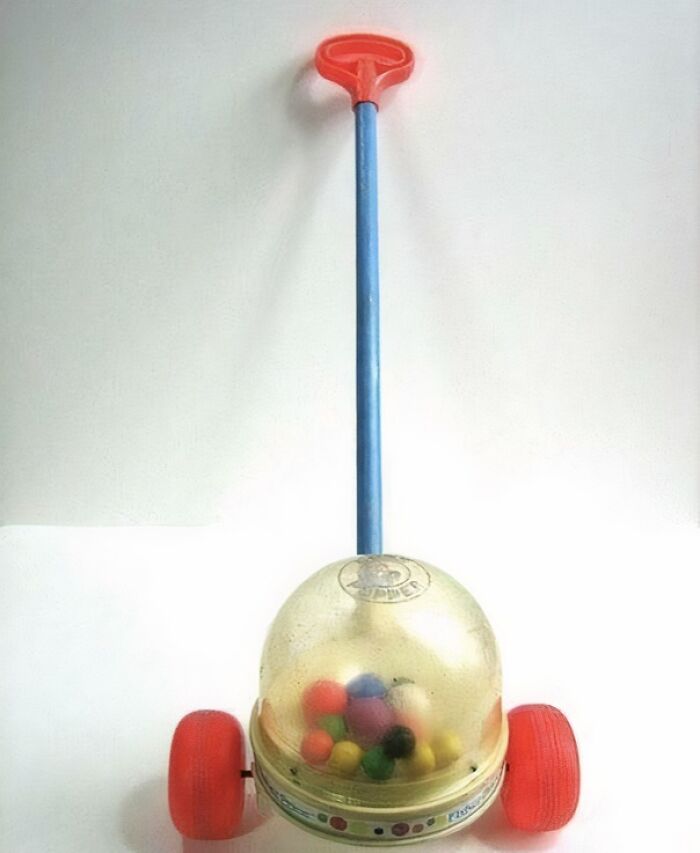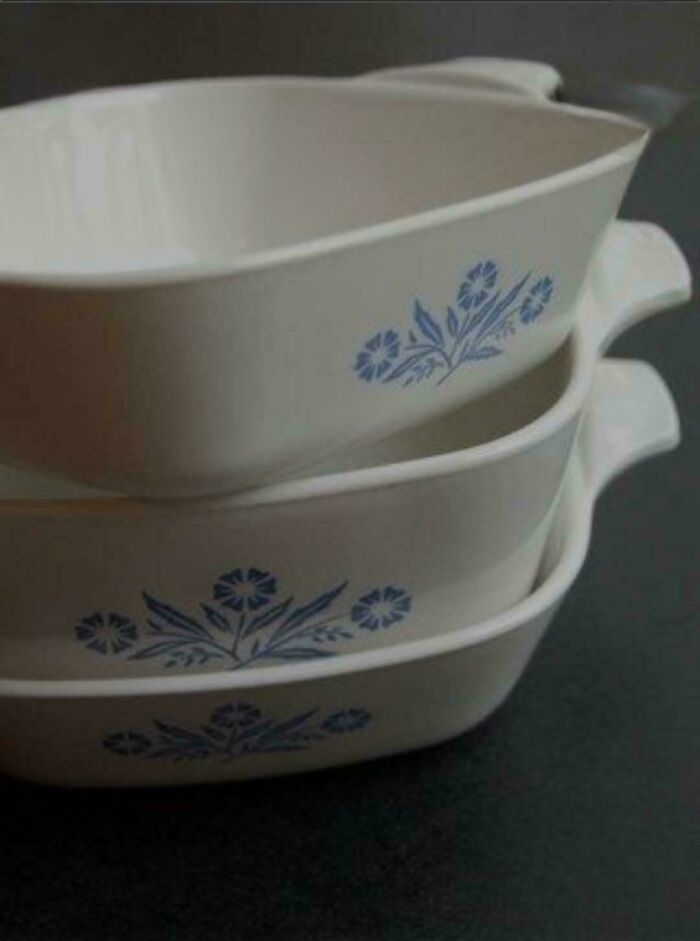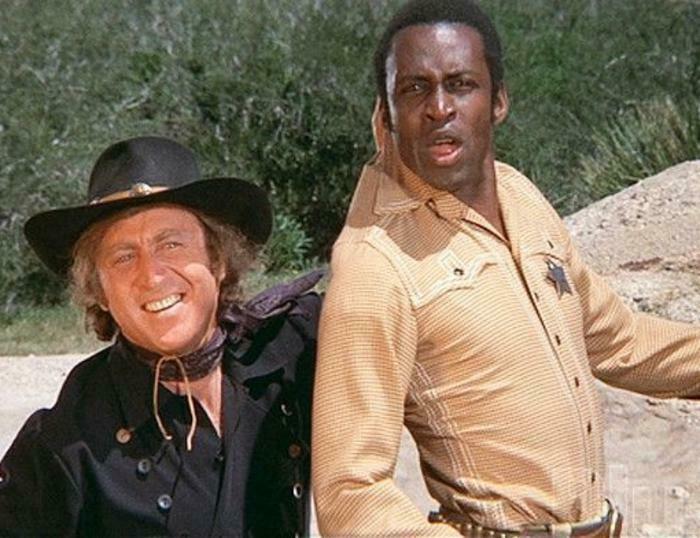But don’t worry, this realization is part of maturity. To make it easier to accept, the subreddit ‘Heck I’m Old’ shares posts from people who are in the same position and choose to reminisce with smiles and giggles. So let’s scroll through what they have to offer and maybe, just maybe, knowing that the past is still alive in our collective memory is exactly what we need to feel better about our wrinkles and graying hair. Positive and negative affects (mood) seem to operate independently of each other: you can have a lot or a little of either or both. “High affect” people score above average on both positive and negative mood levels, while “low affect” people score less on both. No matter which type you start out with, you can expect your affect levels to change in a favorable trajectory over the course of your life.
On average, negative affect does not change for women predictably with age, but it decreases for aging men (with the caveat that the decrease is more pronounced for married men; for unmarried men, negative affect is elevated at every stage of life). Basically, it’s like knowing your negative emotions won’t last so you disregard them when they do arise and get a head start on the good feelings. “Personality is generally separated by psychologists into five parts: openness to experience, conscientiousness, extroversion, agreeableness, and neuroticism,” Brooks writes, discussing a paper by two researchers in which they summarized … a voluminous literature on how these dimensions of personality change as we move from childhood to old age.
But other changes are unambiguously positive. “Agreeableness tends to rise throughout adulthood, probably as we see its benefits and establish more emotional equanimity,” Brooks adds. “Neuroticism usually falls, at least until one’s late 60s. And conscientiousness rises continuously. If you follow the typical development, you can expect to be nicer and kinder, and less depressed and anxious, when you are old.” It usually stays at a high level until about 70, then slightly declines. This last downward section could be connected to the accumulating death toll of elderly friends and spouses, but even so, we can expect it to be better at age 80 than 30. Follow Bored Panda on Google News! Follow us on Flipboard.com/@boredpanda! Please use high-res photos without watermarks Ooops! Your image is too large, maximum file size is 8 MB.





















